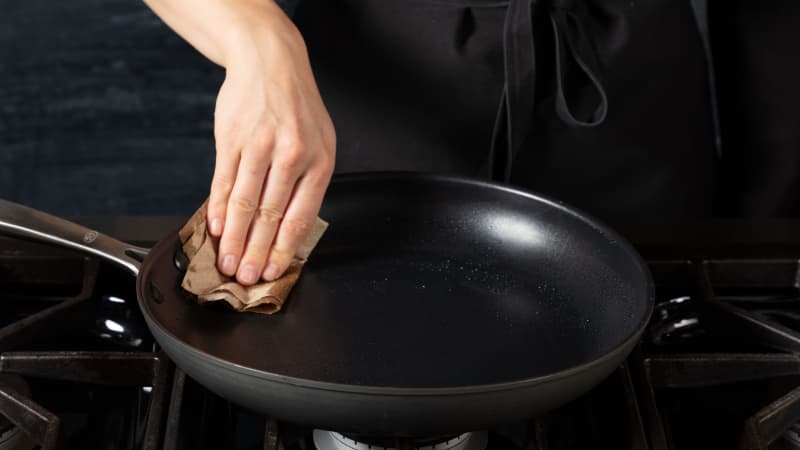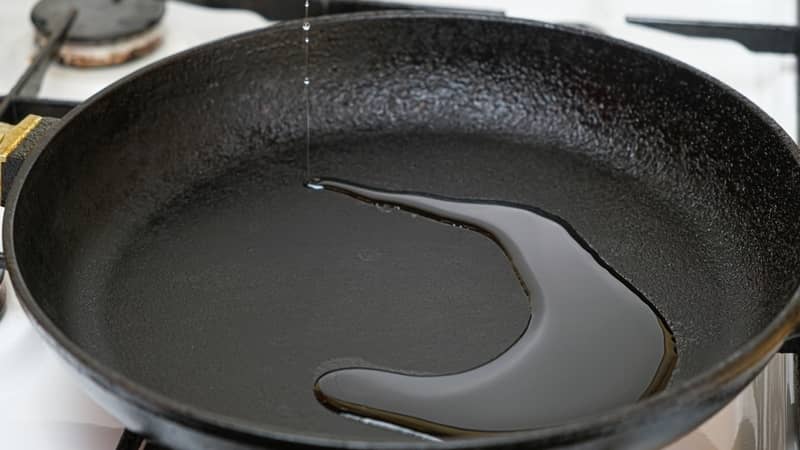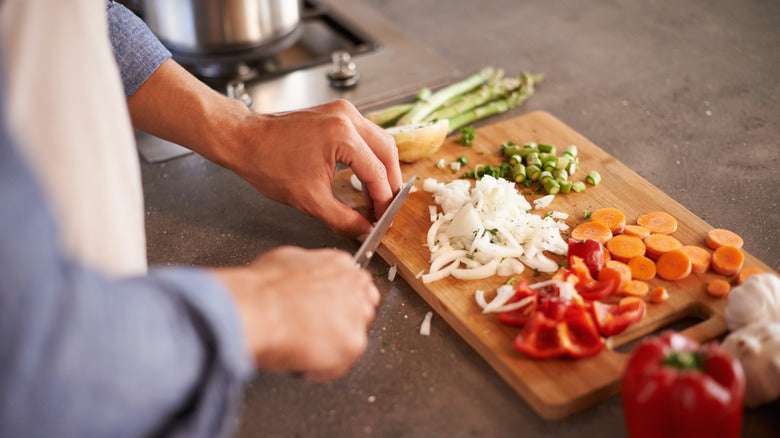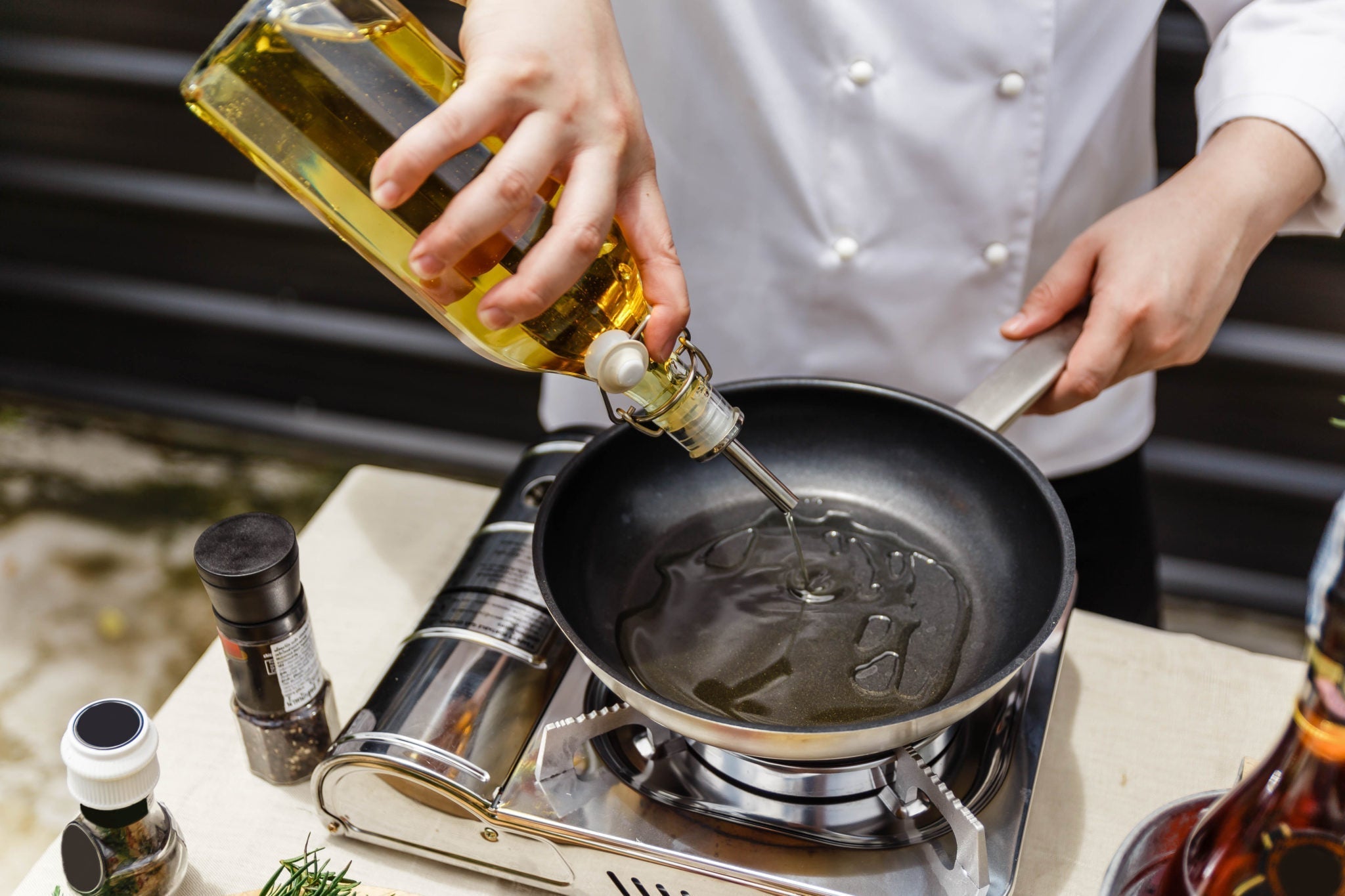For kitchen professionals, cast iron cookware is a beloved staple in culinary practices. Its durability, exceptional heat retention, and versatility make it an invaluable tool in the kitchen. However, one common concern is: why is my cast iron seasoning flaking? Flaking seasoning can raise questions about the maintenance and longevity of your beloved cookware, which affects not only the cooking process but also the flavor and safety of your food.
The issue of flaking seasoning can be disheartening. It can lead to potential reconditioning or even the thought of replacing your entire skillet. However, understanding why this happens and how to prevent it helps ensure your kitchen tools remain as effective as possible. This article dives deep into the reasons behind flaking seasoning and provides actionable tips to restore and maintain your cast iron cookware.

Understanding the Science of Cast Iron Seasoning
To address the question of why is my cast iron seasoning flaking, it's essential to first understand the science behind cast iron seasoning. When you season cast iron, you're essentially building up layers of polymerized fat that create a non-stick coating. But how does this layer become compromised?
Common Causes of Flaking Seasoning
Several factors can contribute to flaking seasoning in your cast iron cookware. Here are some of the most prevalent reasons:
1. Poor Initial Seasoning
If the initial seasoning of your cast iron is not done properly, it can lead to issues down the line. Ensuring you're using the right temperature and fat can make all the difference. For a guide on what temperature to use, you can visit what temperature to cook pizza.
2. Extreme Temperature Changes
Cast iron is sensitive to heat. If subjected to rapid temperature changes, such as from cold water on a hot skillet, it can create fractures in the seasoning layer, leading to flaking. Always be cautious about how you handle your cookware.
3. Improper Cleaning Practices
Using harsh detergents or abrasive scrubbers can strip away the seasoning. Opting for gentle cleaning methods ensures that your cast iron remains intact. For tips on cleaning, check what pans to use on a grill.
4. Insufficient Reapplication of Seasoning
Cast iron requires regular seasoning maintenance. If you fail to reapply oil after frequent usage, the non-stick coating will diminish, leading to flaking.
Restoring Flaking Seasoning
Now that you understand why is my cast iron seasoning flaking, you might be wondering how to restore it. Here's a step-by-step guide:
1. Strip the Old Seasoning
Use a lye bath or oven-cleaner method to remove the old seasoning. A good alternative is cleaning with salt and a bit of vegetable oil.
2. Reseason Your Cast Iron
Choose a suitable oil, like flaxseed oil, for a high smoke point. Heat the skillet at a temperature of around 450F (230C) for a solid new layer.
3. Consistent Maintenance
After every use, apply a thin layer of oil to reseason your cookware, preventing future flaking. Check this guide on what is seasoning your cast iron skillet for more details.

FAQs About Flaking Cast Iron Seasoning
Q1: How often should I season my cast iron cookware?
Depending on usage, aim to season your cast iron skillet every few months or whenever you notice flaking.
Q2: Can I use soap to clean my cast iron?
While it's best to avoid soap, a small amount can be used occasionally without stripping the seasoning, especially if there are food residues.
Q3: What oil is best for seasoning cast iron?
Flaxseed oil is a popular choice due to its high smoke point. Other options include canola or grapeseed oil.
For further details on cooking methods with cast iron, you can explore cooking Ahi tuna and other recipes.
As an Amazon Associate, I earn from qualifying purchases.






Leave a comment
This site is protected by hCaptcha and the hCaptcha Privacy Policy and Terms of Service apply.